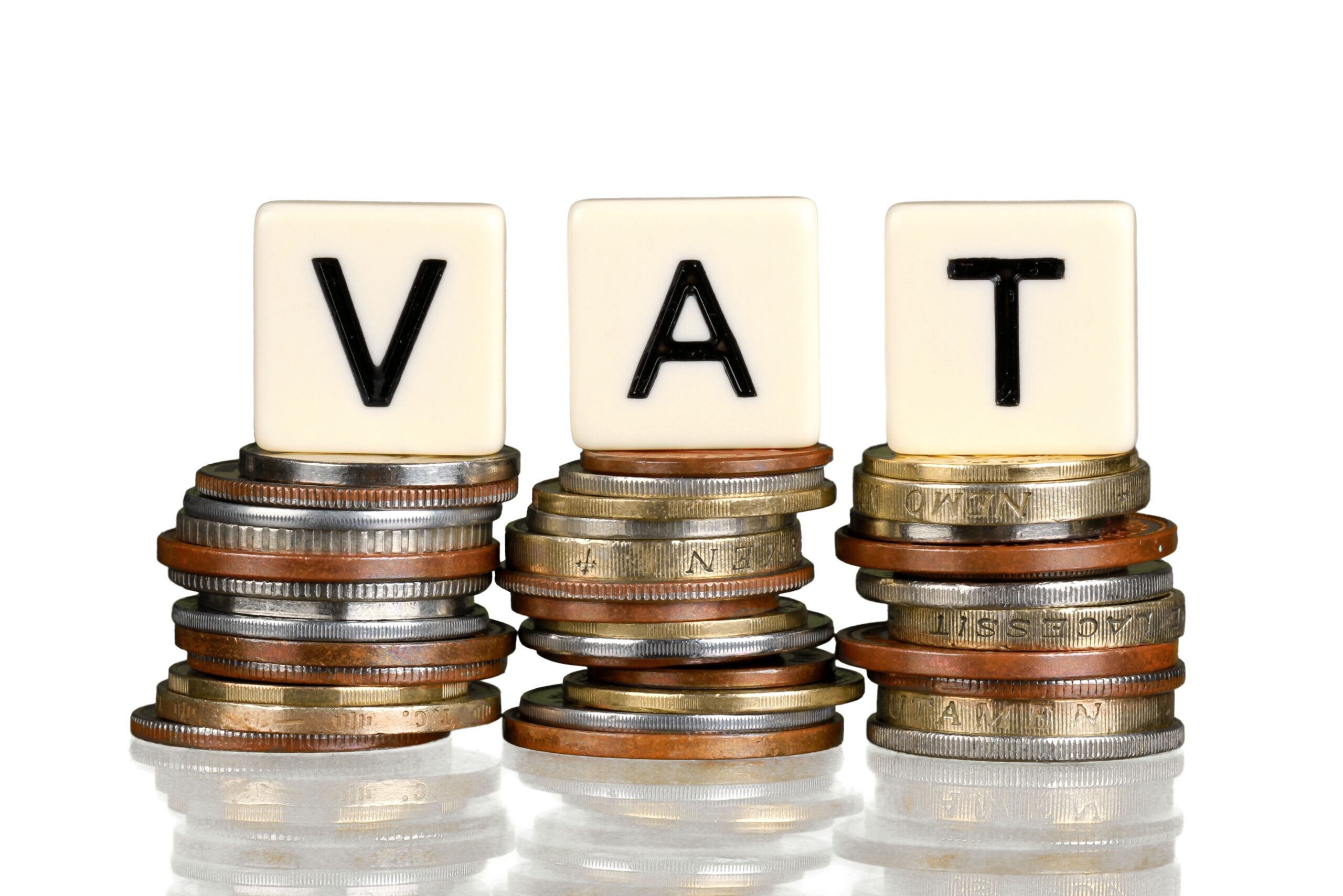
March 20, 2025

Maina Susan is a Tax & Finance Writer at Quartet Solutions, simplifying tax regulations and financial concepts to help businesses stay compliant.
LinkedIn >>The Kenya Revenue Authority (KRA) is ramping up its efforts to expand the tax base and ensure businesses and individuals comply with tax regulations. With a renewed focus on enforcement, surveillance, and technological advancements, KRA is making it clear that tax evasion will no longer go unchecked.
Here’s a breakdown of the latest measures that the taxman is implementing to achieve this ambitious goal:
In a press release dated February 21, 2025, KRA announced the formation of an independent Micro and Small Taxpayers (MST) Department to specifically oversee Micro, Small, and Medium Enterprises (MSMEs).
This move targets small-scale traders who have traditionally operated outside KRA’s radar due to the informal nature of their businesses.
To reinforce this initiative, KRA Commissioner General Humphrey Wattanga appointed 11 new Deputy Commissioners to lead the MST department – almost double the number allocated to the Large and Medium Firms Department, which only has six Deputy Commissioners.
Previously, the Domestic Tax Department handled both MSMEs and larger businesses. However, the new MST department follows recommendations by the MSME Tax Base Expansion Task Force, commissioned by President William Ruto’s administration, to increase tax compliance in the informal sector.
KRA aims to increase Kenya’s tax base from 9 million to 13 million taxpayers by June 2029 under its Four-Year 9th Corporate Plan.
Why Are MSMEs So Hard to Tax?
The MSME sector, often referred to as the ‘hustler economy’, accounts for 80% of Kenya’s employment.
Despite its size, the sector remains largely untapped for tax purposes due to its:
KRA is embracing digital transformation to enhance efficiency, reduce revenue leakages, and curb tax evasion. The newly introduced BSTEM Department will focus on leveraging technology such as:
This modernization push aims to make tax compliance easier while tightening the noose on tax evasion.
KRA is extending its crackdown beyond Kenya’s borders by collaborating with the Uganda Revenue Authority (URA) to tackle cross-border tax evasion, illicit trade, and smuggling.
On November 5, 2024, in Nairobi, Kenya, URA’s Commissioner for Tax Investigations, Kugonza Kateeba Denis, and KRA’s Commissioner for Investigations and Enforcement, David Yego, discussed in-depth on the implementation of a Joint Collaboration Framework aimed at:
This regional partnership aims to boost the Tax-to-GDP ratio by sealing cross-border tax loopholes.
To enhance tax compliance among small and medium-sized traders, KRA is planning to establish physical tax-service offices across counties.
Additionally, KRA is exploring partnerships with Huduma Centres to bring tax services closer to businesses, making it easier for them to register, file returns, and access tax-related assistance.
There exists a significant knowledge gap in digital tax infrastructure among small traders, leading to widespread non-compliance. To address this, KRA will roll out:
In light of KRA’s intensified efforts to widen its tax base and close operational gaps, it’s more important than ever for MSMEs to stay ahead of the curve.
As the tax net tightens, Tracking financial records and remaining tax compliant is not just a legal obligation—it’s a crucial step in ensuring your business’s long-term success and sustainability.
At Quartet, we understand the challenges that MSMEs face in managing their finances. That’s why we’re here to provide expert guidance and support to help you stay compliant with tax regulations, avoid penalties, and grow your business with confidence.
Don’t wait for the crackdown—take proactive steps to secure your business’s future.
Contact us today to learn how we can help you streamline your financial records and stay tax compliant!
Disclaimer:
This article is for informational purposes only and does not constitute professional tax advice. For specific guidance on tax issues, please consult a tax advisor.
Table of Contents:






